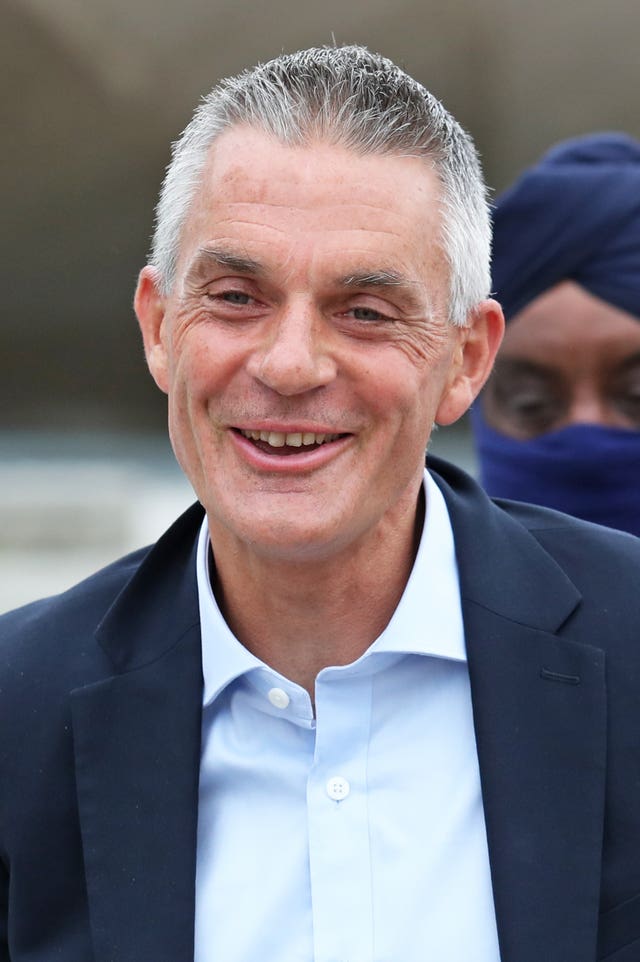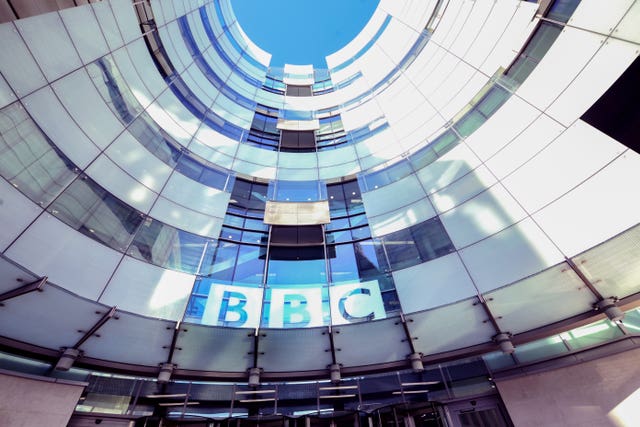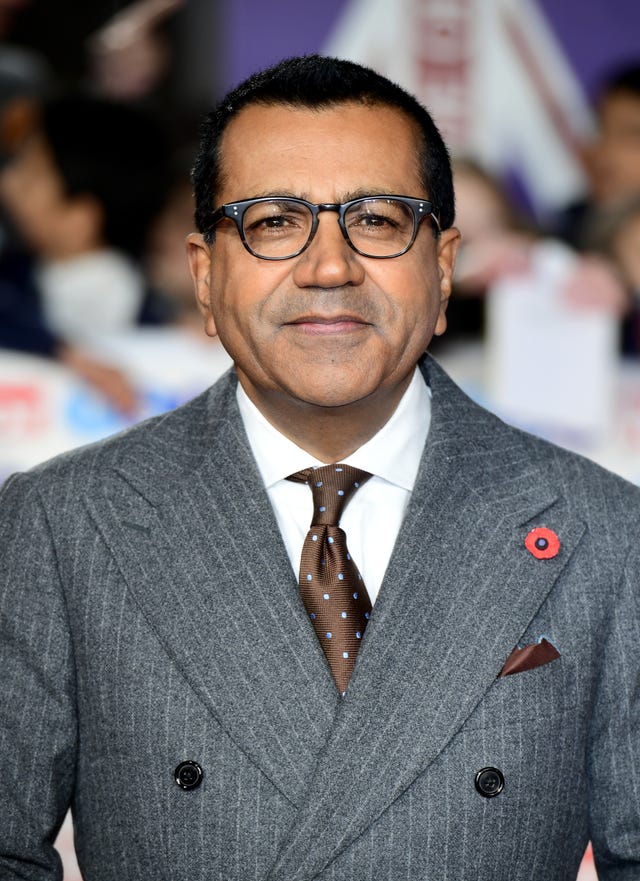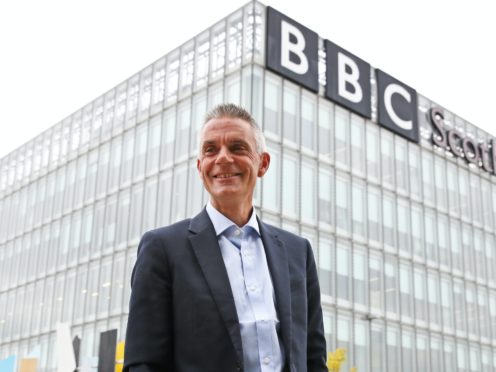The BBC needs to “fundamentally change” how it recruits employees, according to the broadcaster’s director-general.
Speaking during an event at the Creative Coalition 2020 festival, which hosts discussions about the creative industries, Tim Davie discussed the importance of improving the diversity of the BBC’s workforce.
He said that while he is not “anti-Oxbridge”, jobs should be accessible to people who do not have the same academic background.

“You are going to get some of the best people who broke through social barriers, go to the top universities and be fantastic candidates,” he said.
However he said it would be “ridiculous” if the only route into the creative industries was through leading universities.
“I think sometimes, in patches, we have fallen foul of that,” he said.
Mr Davie also said he will not spend the next few years “in the bunker” dealing with political arguments over the future of funding for the broadcaster.
The corporation has just entered into negotiations about the future cost of the television licence and the Government is also consulting on whether to decriminalise non-payment of the fee.

However Mr Davie said his primary focus would be on ensuring there is broad public support for the BBC and the content it provides.
He said: “I think it’s really important that people like myself in my type of jobs are not in the bunker, actually.”
The BBC is “utterly dependent” on people having a positive view of its work, he said, adding: “Public support overwhelmingly is based on whether a household gets good value from us and feels that it is important in their lives.
“Everything else is secondary.”

Mr Davie, who took over the role of director-general in September, also described allegations surrounding Panorama’s interview with Diana, Princess of Wales, in 1995 as a “significant issue”.
Diana’s brother Earl Spencer has said he was shown “false bank statements” by interviewer Martin Bashir which were used to gain access to the princess.
Mr Davie repeated a statement he made on Monday by saying the BBC would conduct a “robust independent investigation” into the issue.
